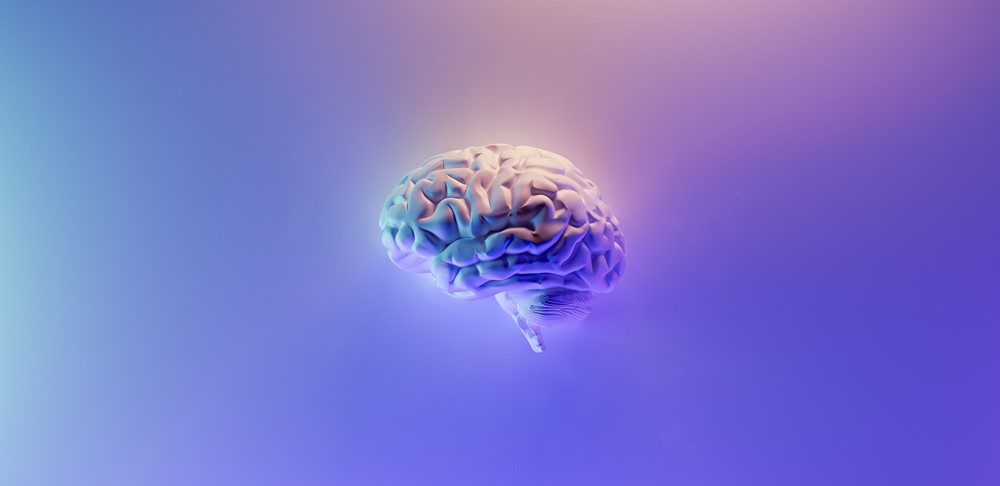How to keep brain fit?
One wants to be sharp, intelligent, wise, or just cool irrespective of age. People with fit brains are more likely to have a more fulfilling life, whereas amnesia and dementia can drastically reduce the quality of life. So, in order to lead a happy life, one has to proactively think of ways to keep the brain fit throughout life.
Normal brain activity
The function of the brain depends on the connections formed by the nerve cells between each other. This is a dynamic process that continues throughout life. Any mental activity stimulates the formation of new connections. People who provide new challenges to their brains are less likely to develop an age-related decline in brain function.
Any challenging activity for brain-like solving puzzles, playing computer games stimulates the brain in a positive way. This acts as an exercise for the brain to make it stronger. It is even better if different parts of the brain are stimulated by different stimuli by doing activities with a non-dominant hand. This strengthens the nerve pathways in the opposite half of the brain. Doing a regular activity like drinking a glass of water or washing hands with eyes closed involves a different sensory input for the brain(also, you can check interesting facts about the brain).
Methods to keep the brain fit
‘Use your brain’ is the best slogan to keep it going as it provides an ongoing stimulus. Thinking itself is the simplest method to do so, as this is what the brain does. But a lot of voluntary activities can help in promoting brain health.
Learning a new activity like a language, oil painting, or playing a musical instrument is stimulating. Intense concentration requires activities like playing chess, strategy games like bridges require a high level of brain activity.
Stress has a negative effect on our performance. It results in the release of stress hormones like cortisol which has an adverse effect on the growth and maturation of nerve cells. This can be reversed by meditation, yoga, exercise, and interactive sessions.
The brain requires rest also so that it can rejuvenate from the stress and strain of everyday existence. Deep sleep is the best way for providing rest to the mind. Lack of sleep affects our performance. Scientific studies have shown that a good sleep of six to eight hours before academic exams improves results. Memory remains sharp after adequate rest.
A sound mind requires a sound body. A fit brain is a thinking brain that keeps us healthy and happy. Many chronic diseases like heart disease, obesity, diabetes, and hypertension increase the risk of age-related decline of brain performance. Smoking and chronic alcoholism also reduce brain output. On the other hand, a healthy diet including fresh fruits, vegetables, fish, olive oil, and almonds is healthy for the brain.
Regular exercise is also essential to keep the body and mind in a good shape. Scientific studies have shown that brisk walking, jogging, cycling or swimming help in improving the flow of blood to the brain. This results in better availability of neural growth factors which are required for the formation of new cross-connections between neurons.
Drugs should be taken carefully and preferably under medical supervision. Excessive use of certain drugs can also affect brain activity. Brain activity occurs due to the release of a variety of neurotransmitters. Any drug which blocks any of these neurotransmitters or their production can affect brain function. Acetylcholine is one such neurotransmitter that may be blocked by anticholinergic drugs. A suitable alternative can be taken after consultation with your physician.
The strategies discussed above are good for the overall health of the brain and may keep your brain sharp and prevent early senile degeneration of cognitive functions like attention, memory, language skills, learning, reasoning, problem-solving, and decision making.




























